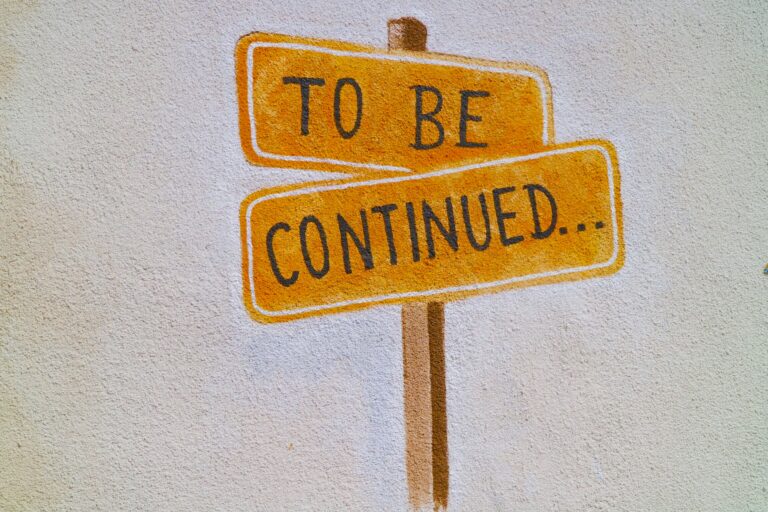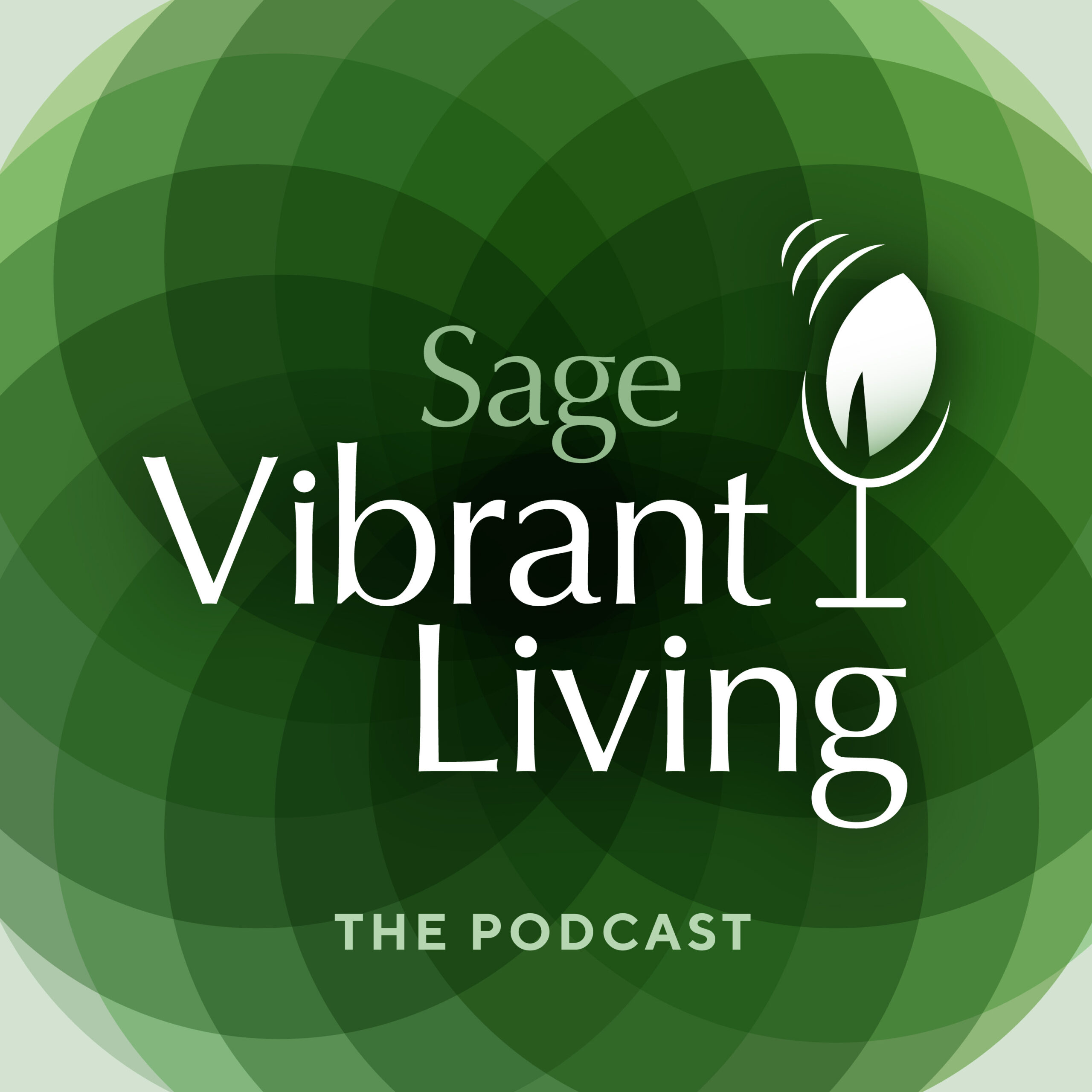Summer Reading List: 8 New Love Stories by Black Authors
Summer is the perfect time to dive into a good book, and at Sage Collective, we believe that reading is a wonderful way to keep the mind sharp and explore new worlds. This season, we’re spotlighting eight engaging love stories by Black authors, as recommended by National Public Radio cultural reporter, Carole V. Bell. These novels take readers from the Olympics to a haunted house, blending romance, history, and modern-day challenges:
Let the Games Begin by Rufaro Faith Mazarura
Just in time for the upcoming Paris Olympics, this debut novel features Olivia, a college grad with a dream internship at the Olympics, and Zeke, a British track star aiming for gold. Their budding attraction threatens to derail their ambitions, offering a sweet and inspiring love story set in Athens. Mazarura’s narrative captures the excitement of the games and the complexities of balancing love and career.
A Love Like the Sun by Riss M. Neilson
This beautifully written novel centers on childhood friends Laniah and Isaac who fake-date their way to a deeper connection. As they navigate mental health challenges, racial identity, and a chronic illness, their story is unabashedly swoony and deeply emotional. Neilson’s lyrical prose and rich character development make this a must-read for those who enjoy angsty, pining love stories.
A Gamble at Sunset by Vanessa Riley
Set in 1816 London, this historical romance follows the Wilcox sisters, who fake an engagement to avoid ruin, and the Duke of Torrance, a part-Russian, part-British, part-African aristocrat. Riley’s work is grounded in historical accuracy and infused with fairy-tale romance, making this novel a delightful blend of the Brontës and Bridgerton. It’s a thought-provoking and juicy drama that offers a fresh take on historical romance.
The Kiss Countdown by Etta Easton
In this sweet and steamy romance, astronaut Ahmad and event planner Amerie enter a mutually beneficial arrangement that turns into real love. Set against the backdrop of NASA’s Johnson Space Center, Easton’s debut novel combines fake dating and close proximity to create a stellar recipe for love. This story is a perfect blend of sweet and sexy, capturing the thrill of new beginnings.
A Little Kissing Between Friends by Chencia Higgins
Houston-based music producer Cyn and single mom Jucee have been best friends for years. As they navigate their feelings for each other, this novel offers a quintessentially summery read filled with heart and positive vibes. Higgins’ story is sweet and steamy, celebrating undistilled Black joy and the beauty of deep, supportive relationships.
Looking for Love in All the Haunted Places by Claire Kann
Kann’s new novel blends romance with a haunted house setting. Lucky Hart, vying for her dream job on a reality show, meets Maverick Phillips, the show’s empathetic star. Their connection is instant and electric, adding a swoony and spooky twist to the classic love story. Kann’s tender writing and unique plot make this a standout read.
Curvy Girl Summer by Danielle Allen
This fat-positive romance follows IT professional Aaliyah, who is on a mission to find love before her 30th birthday. Her comedic dating adventures lead her back to her favorite bartender and friend, Ahmad. Allen’s novel delivers big on spice, humor, and heart, offering a refreshing take on body positivity and romance.
One and Done by Frederick Smith
Set in the world of academia, this novel follows Dr. Taylor James, who is determined to become the first openly gay Black university president. His one-time tryst with the handsome Dustin McMillan complicates his plans, leading to a deliciously messy and addictive love story. Smith’s crisp writing and convincing characterization make this an engaging read.
These eight love stories by Black authors offer a diverse range of narratives that are sure to captivate and inspire the Sage community this summer. From historical settings to modern-day romance, each book provides a unique perspective and a chance to explore new worlds and ideas. At Sage Collective, we celebrate the joy of reading and encourage you to pick up one (or more) of these titles and enjoy the enriching experience of a great book. Happy reading!
(Source: National Public Radio, “8 Hot New Love Stories from a Stellar Lineup of Black Authors”)










